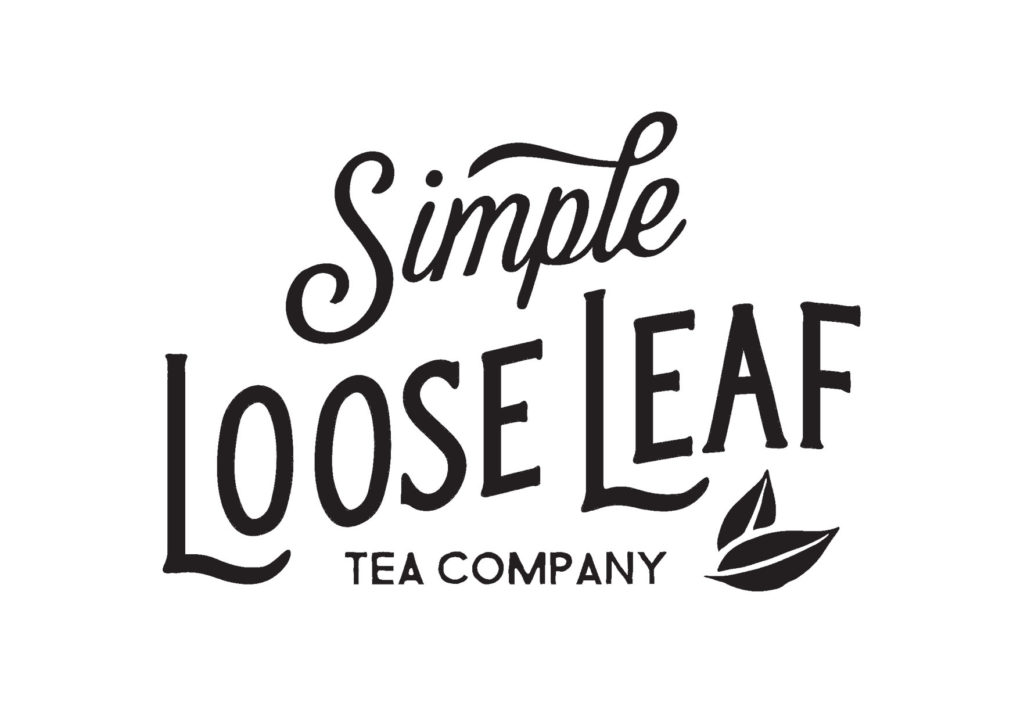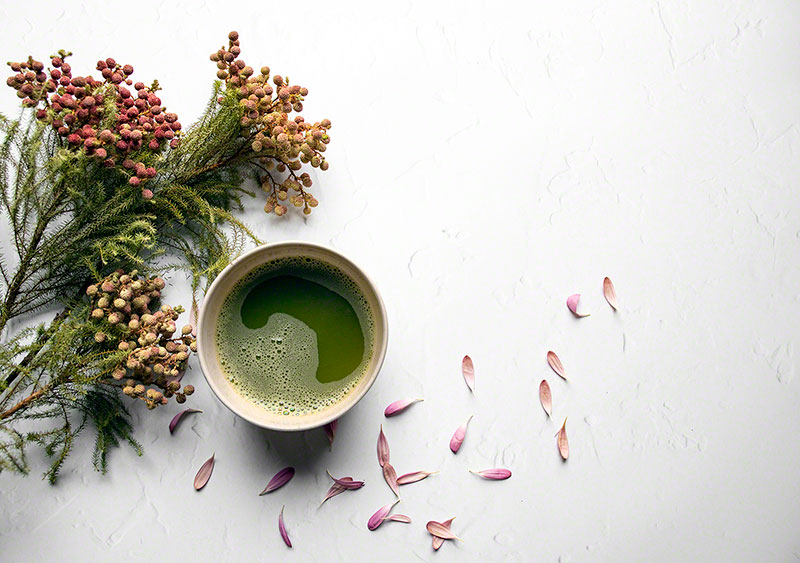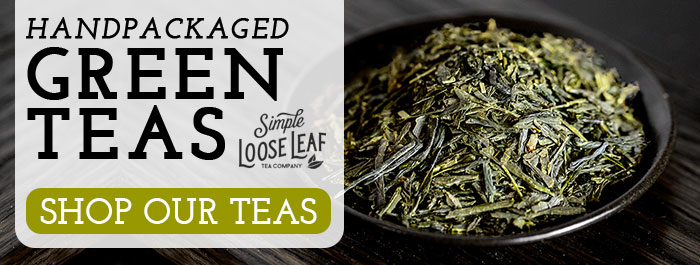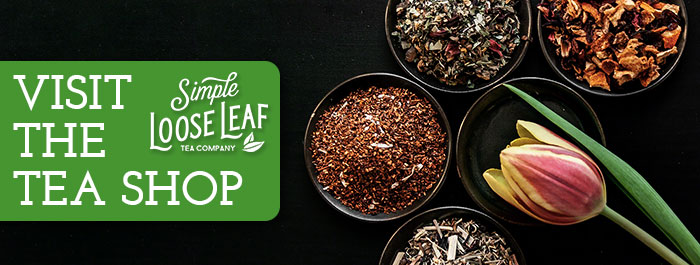Matcha Green Tea Benefits & Guide
If you love tea, you probably didn’t miss the global matcha craze started a few years ago. Matcha powdered tea is often called a miracle tea, with dozens of benefits that can surpass every single green tea type in the world. Learn what is matcha, how to brew it and what are the top benefits.
What is Matcha Tea?
Matcha is a powdered green tea produced only in Japan. Just like all other real teas, it’s made from Camellia sinesis tea leaves. However, what makes matcha unique are different growing and processing methods. The most famous matcha producing region is Kyoto, a birthplace of this tea. Interestingly, powdered tea was first brough to Japan from China, and soon became a traditional and ceremonial drink of high cultural importance. Until recently, matcha was mostly consumed during tea ceremonies, while today it’s one of the favorite teas of many healthy conscious people around the world.
How matcha is grown and produced?
Matcha is made from special tea cultivars that give vibrant green color and the right balance of sweetness and bitterness. Tea bushes are shaded for at least 3 weeks prior to harvesting which increases the level of L-theanine and chlorophyl, but reducing the levels of total catechins.
Tea leaves are harvested either by machine or by hand. High ceremonial grade tea should always be harvested by hand only. Leaves are steamed and dried and cut into small flakes with no veins or stalks. Those leaves are called tencha. Although tencha is only a by-product of producing matcha, nowadays it’s enjoyed by many tea connoisseurs around the world. Then, tencha leaves are finely powdered before packaging, to keep the freshness and quality.
What Is Not a Matcha Tea?
Green tea powders made from other teas rather than tencha or coming from different countries are not matcha. Even though countries like China, Thailand and even Kenya are producing matcha too, technically those teas are regular green tea powders rather than matcha. However, that doesn’t mean they cannot be very beneficial and great tasting too. These teas are rarely grown shaded so they have a different chemical composition that real matcha. The quality of any powder will depend on the quality of the loose leaf tea it’s made from, and it can rage from very high premium to low grade.
Does Matcha Have Caffeine
Just like all real tea types, matcha contains caffeine too. However matcha gives sustainable energy, meaning it won’t give you the jitters, but it will keep energy levels high for a few hours. This is because of L-theanine, an amino acid that can calm the effect of caffeine. L-theanine provides many other benefits too, like increased focus, enhanced memory and an anti-stress effect[1]. A cup of matcha tea usually has around 30-60 mg of caffeine, depending on how much powder you will use. Although the caffeine content in some other teas may be much higher, even in the white tea, it will need a certain temperature and steep conditions to be extracted optimally. If you are sensitive to caffeine but don’t want to give up on caffeinated drinks completely, matcha may be a better option than a cup of coffee.
Is Matcha Green Tea Powder Healthy?
Matcha tea has about 3 times[2] more antioxidants than other green teas. Although some green teas can have more EGCg in dry leaf form than matcha, what makes the amount in the brewed cup higher is the fact you are ingesting the whole leaf.
This is the reason why it became one of the most valuable healthy drinks around the world. The list of benefits this tea may provide is quite long. From protecting liver to enhancing memory and boosting energy, weight loss, regulating blood pressure, preventing heart diseases and fighting cancer, scientists are working hard to prove that matcha shouldn’t be ignored by medical world.
Matcha and weight loss – is it a myth?
Nowadays in many western countries, matcha is most commonly used for either weight loss purposes or enhancing focus. Research showed that drinking matcha tea a day before and on the day of moderate exercise may increase fat oxidation[3]. Another study concluded that combining green tea with resistance training may not only be beneficial for weight loss, buy may help increase lean muscle too.
Is organic matcha better?
Drinking powdered tea may sound riskier than drinking regular loose leaf tea, so safety concerns are not uncommon. Although organic may be a better choice with foods and drinks, matcha could be one of those teas that should be safe both organic and non-organic. In fact, only a very small percentage of Japanese matcha is organic. One reason is the shading process, that requires the use of fertilizers for leaves to grow strong and vibrant. Thus, organic matcha and non-organic matcha may have a different flavor profile too, with both being delicious and potentially healthy.
How to Make Matcha Tea
To make matcha at home using a traditional method you will need a tea bowl called chawan, a tea scoop called chashaku, a bamboo whisk or chasen and matcha powder. Preparing this tea is easy once you have all the utensils, although it may take some time to get used to a different preparation technique. You can start practicing using daily powders and switch to ceremonial high quality matcha once you have mastered the basics.
Step by step tutorial:
- Arrange all teaware and utensils in front of you and make sure they are all clean and dry.
- Boil fresh spring water and let it cool down to around 176° Never use boiling water for making matcha.
- Preheat your tea bowl by pouring hot water in and out.
- Dry the bowl thoroughly.
- Now sift 2 scoops of tea powder through a sifter into a tea bowl.
- Pour around 70 ml of water into a bowl.
- Whisk using chasen making “w” hand movements until you get a smooth drink with a light froth.
- Drink matcha immediately.
- Clean your tea utensils with water only, and clean them right after use.
Disclaimer: This article is for informational purposes only. It’s not intended to replace medical advice, diagnosis or treatment. Every person is different and may react to different herbs and teas differently. Never use teas or herbs to treat serious medical conditions on your own. Always seek professional medical advice before choosing home remedies.
References
[1] https://www.ncbi.nlm.nih.gov/pmc/articles/PMC4728665/
[2] https://www.sciencedirect.com/science/article/abs/pii/S0021967303011336?via%3Dihub





